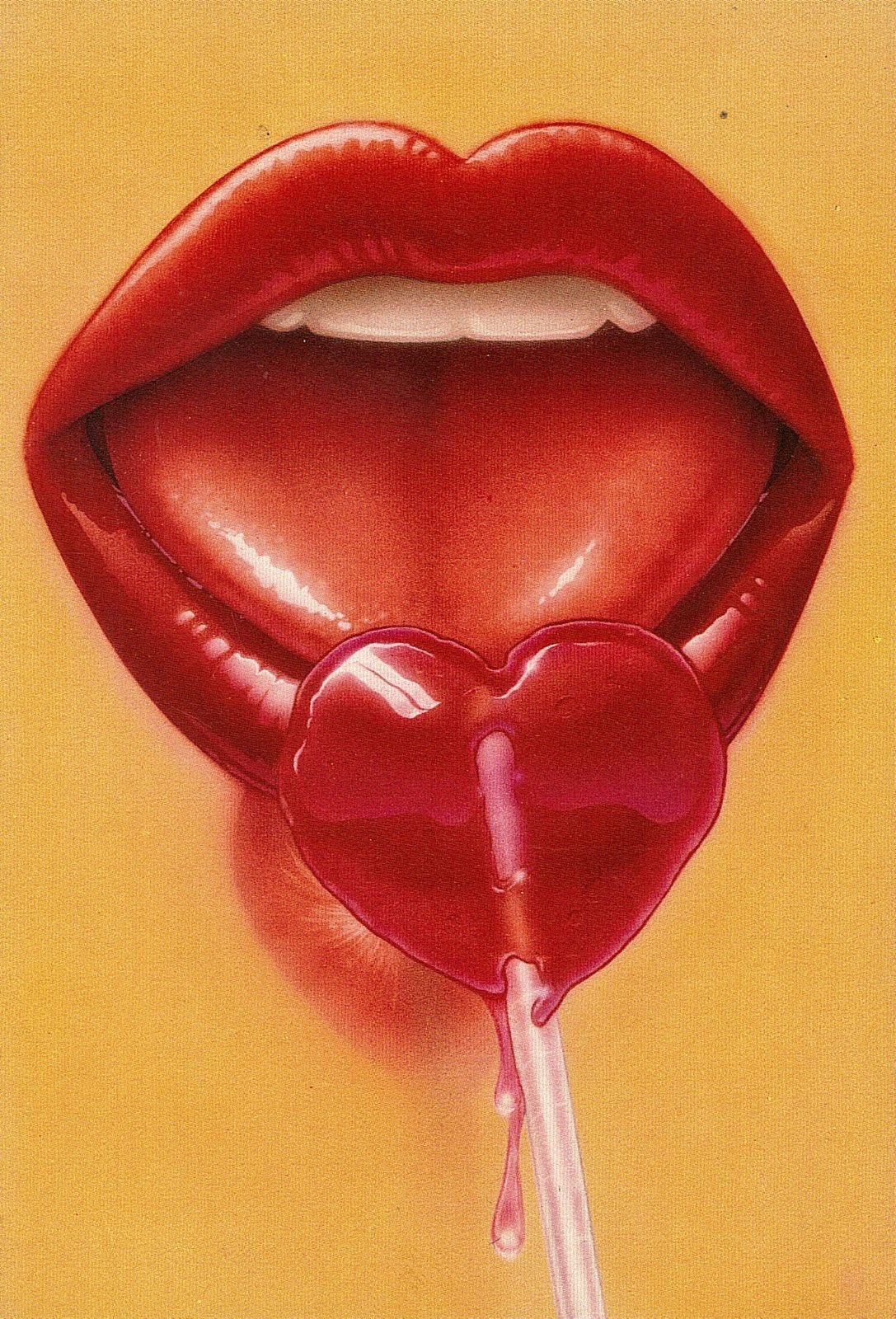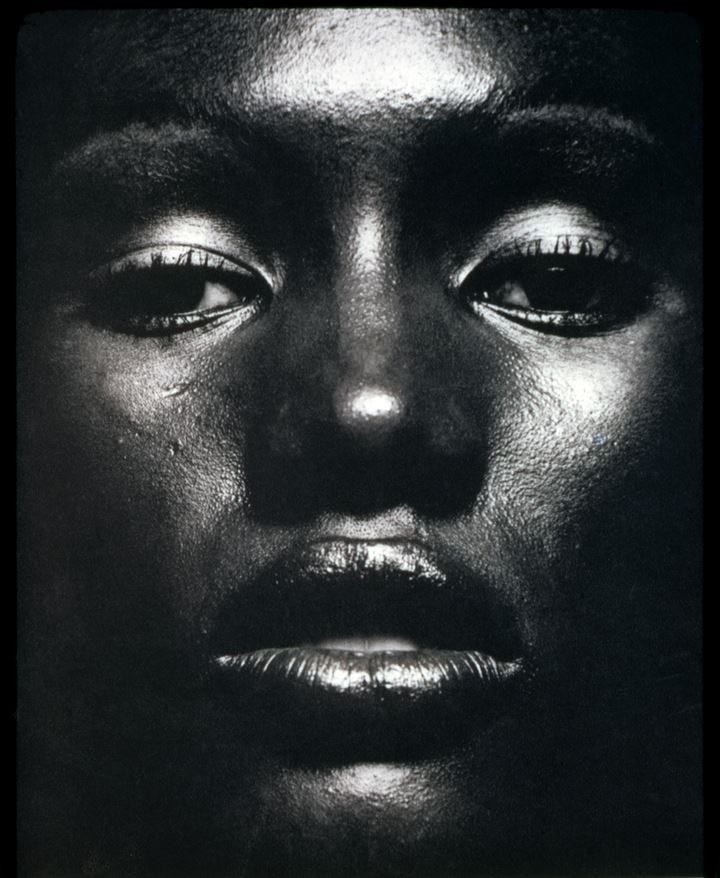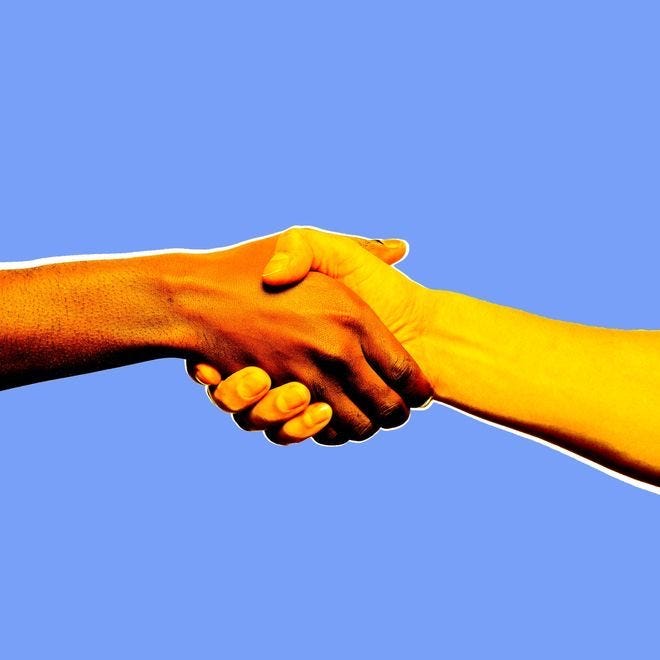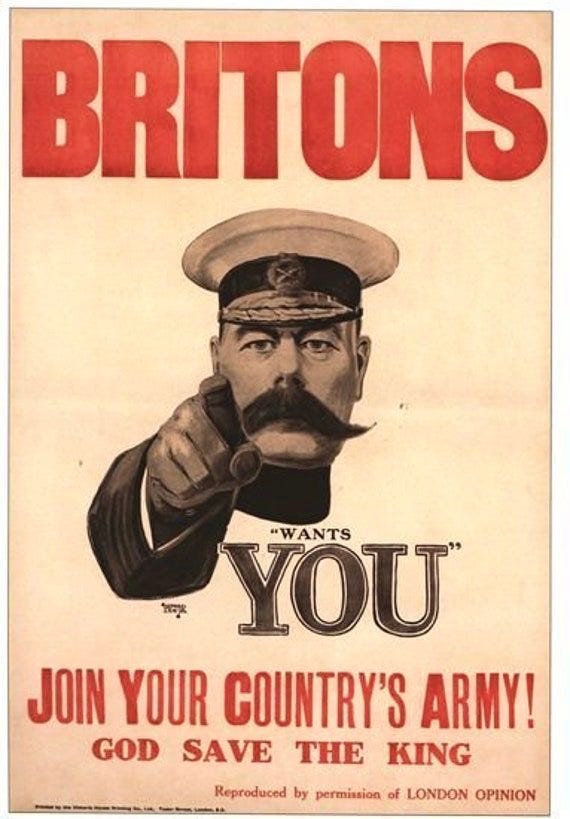Love Island & Soft Propaganda.
“Propagandistic content packaged in entertaining formats with emotional mobilization” (Zou, 2021; Mattingly and Yao, 2022).
Is it too pretentious to say that the topic of today’s post feels a touch too… tabloid-y? Of course that isn’t the only problem. In the planning for this week's post I could consistently feel myself internalising accusations of being ‘that one overly-woke’ friend, a label that continues to emerge out of the social media landscape, ready to latch itself onto video-essayists and substack writers alike. Most of us, after feeling ever-so-slightly impacted by these accusations, continue to remind ourselves that our work is increasingly vital to mitigate an overwhelming apathy. Luckily this solves the former problem too, where part of my satisfaction in analysing the many ways that this year’s seasons of Love Island (in line with all of its other seasons) continues to contribute to the empire that is media propaganda, comes from proving where even the most seemingly frivolous or inconsequential forms of media hold significance in contemporary society, even if this significance was merely characterised by an ability to distract the many from the many injustices occurring a couple of tv channels away. When a lot of us spend the majority of our time (as we should), engaging with considerably more urgent forms of media, ‘harmless’ reality TV is to our brains as junk food is to our bodies - undeniably processed, but enjoyable nonetheless.
For the black women watching (particularly in the UK), a kind of decisive detachment is required to ingest consecutive episodes underlined by the subtext that ‘black women aren’t desirable’ as this narrative is continuously portrayed throughout the British version of the show. Luckily, it takes minimal brain power to detect where exactly this idea is being pedalled through Love Island UK as I don’t really have the energy to discuss this issue specifically.
My takeaway? That at the very least it takes a certain level of malicious incompetence to continuously insist on parading black and brown female contestants in front of a crowd of uninterested parties; black, brown or white. To that end, many of us have deduced that to appear on Love Island UK as a black woman is to participate in the most brutal of humiliation rituals, whilst being seemingly unable to discuss your position. As the black female viewer, I always feel like my patience is being tried and tested whenever I have to witness one of the black female contestants slide into the ‘friendship’ category of the dating show, as if it were some kind of slot to fill. In reality, it seems more like a consolation or participation trophy, whilst other couples find themselves progressing onward into actual relationship territory. What has become a canon event is made worse by the fact that the issue of racial biases in dating are rarely if ever discussed in the show, with words like ‘discrimination’ being swapped out for regurgitated claims that she is “NoT hiS uSuAl tyPe On paPer”... Still, where Love Island as it’s become international might be regarded as some kind of microcosmic iteration of the various dating scenes in their respective countries, Love Island UK is profoundly British. It’s not unlike the British to weave in notions of racism, and/or discrimination into codified language, and so, if we look at the television show as a sort of satire, then actually it’s incredibly on the nose. For those of you intent on being caught up with Love Island drama, whilst being unable to stand the constant subtle bigotries, might I suggest you reframing the show from this perspective for your own sanity, even if this gives the network far too much credit.
For those of you who won’t pretend, you might wander on over to Love Island USA, which has a considerably more flattering portrayal of black women on the whole. The difference is stark, where last season we watched as Serena and Kordell were by far the most adored couple on the show, and watch this season as contestants like Chelley, Coco and Olandria are positioned as being some of the most desirable women. I say ‘positioned’ because the staging makes all the difference. The black female contestants on Love Island UK are also undeniably gorgeous, yet continuously find themselves being snubbed with the exception of a few cases last season. Comparatively, the producers for it’s American counterpart make a point of affording their black female contestants several viable options, rather than presenting all three of them with one black or brown man (who will reveal sooner or later his preference for lighter skinned or white women).
And yet I wonder whether their portrayal of diversity is helping to gloss over other issues. After all, the current administration doesn’t necessarily have anything to gain directly from pedalling the former narrative. But what is useful, at a time of such political polarity in the U.S. in light of its destruction of the Middle East, is the proliferation of the idea that republicans and liberals can not only get along, but can actually build long lasting relationships. Additionally, this helps to solve the optics surrounding the supposed ‘male loneliness epidemic’ (which only forces us to look at where misogyny is finally beginning to have negative effects on its perpetrators). When we see liberal women in relationships with republican men, we’re injestjng the notion that political opposition is no longer a deal breaker, whilst also witnessing the normalisation of support for Donald Trump.
Previously it was the truth that republicans and liberals were able to co-exist somewhat peacefully (depending on what you might consider peace), where the difference between the two was of course noticeable and distinct, but didn’t yet appear as it does now, with some kind of gaping chasm between the two. To call yourself a Republican under Trump's administration however, is to admit to voting for the conditions so many continue to suffer under, where less than 7 months into his presidency, there has been a historic rollback of civil rights and liberties for marginalised communities. So then, when we watch as Chelley (a Haitian woman) is partnered up with Austin, a Republican, we can’t help but cringe, knowing that it would have been all too easy to perform some kind of background check given that most Republicans are far too loud on social media. After realising this, it becomes harder to praise Love Island U.S. for their seemingly improved care for its black female contestants, where this kind of relationship is almost doomed to fail - a truth which cements the portrayal of the Republican x Liberal relationship as a form of propaganda.
Others have highlighted another equally as disturbing pairing, consisting of Huda (the only Palestinian woman in the original cast) with Elan - a rumoured Zionist. This particular pairing is similar to the last, where we’re normalising the relationship between the aggressor class and their subject, but in the context of protests for Palestine, this feels particularly threatening. Whilst Huda has since moved on, the sheer entertainment of this duo feels like baiting anyway.
At the same time, the shows network, CBS, owned by Paramounts controlling shareholders has recently been at the center of Trump's campaign against media outlets he viewed as ‘adversarial’. Following a $20 billion lawsuit issued by Trump’s legal team against the company surrounding a supposed instance of ‘deception’, former CBS president and CEO, Wendy McMahon managed to divorce herself from the company. Where she highlighted a diverging ‘path’ following Trump’s direction, in addition to other instances of censorship occurring under his administration, we mustn’t be surprised when one of the network’s most watched television shows continues to platform zionists, but especially republicans.
Source: POLITICO
You often hear that propaganda is interwoven into every sector of media we consume, from commercials to marvel movies. I recall my earliest memories of learning about the term were in a year 6 classroom, where we were presented with that poster from WWI, featuring a man (some Sargent or another) pointing directly at you. The caption? “Britons wants you (…) Join your country’s army, God save the King”.
In our everyday lives however, detecting propaganda becomes a much less obvious game. You might wander into the world of video essayists and substack writers, as they (like me) seek to alert you to yet another undetected form of propaganda.
This time, it’s regularly scheduled programming.
Asisa










This is such a good read!! It's so true that just because propaganda has evolved from random men on posters, it doesn't mean it isn't still endemic. It's so important to be clued into it <3
Your observation about the “male loneliness” epidemic was secondary (I think) to your over all critique) but incredibly powerful. Oppression is a deadly political, relational disease which embeds itself in systems and infects the oppressor and brutally harms the oppressed. The statistics are demonstrating how oppressed and oppressor are harmed by systemic sexism and “the male loneliness” epidemic is one such data point. It is the byproduct of oppression and it matters not if you as a male actively participate as an overt sexist or a benefactor of it. There is a price to be paid.